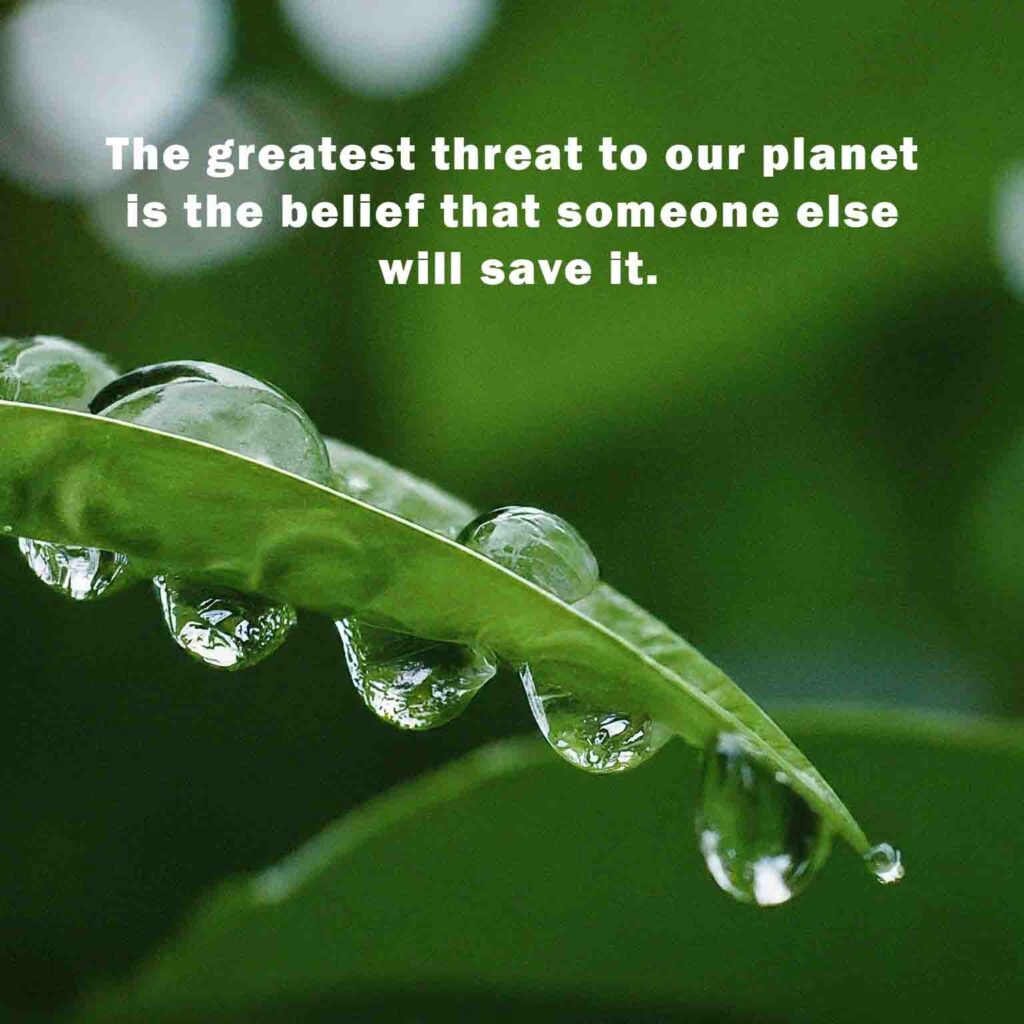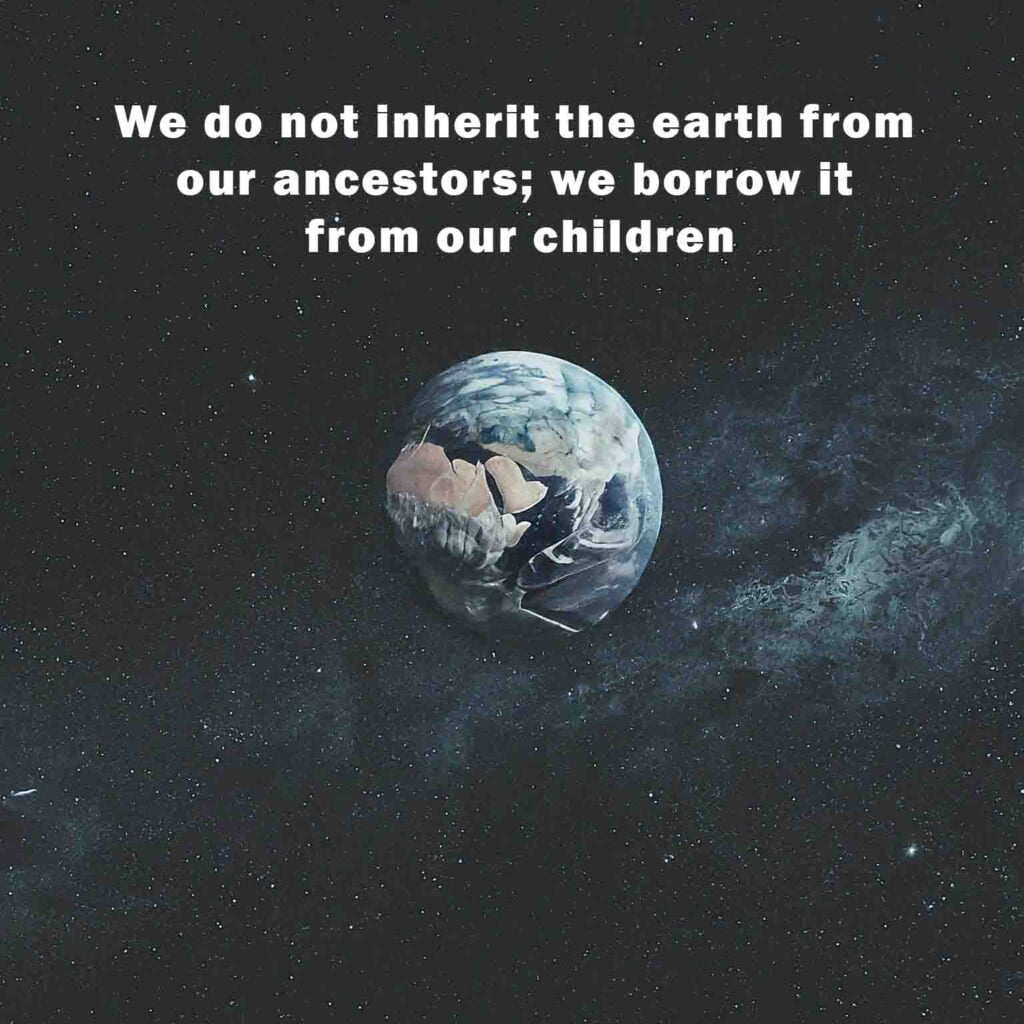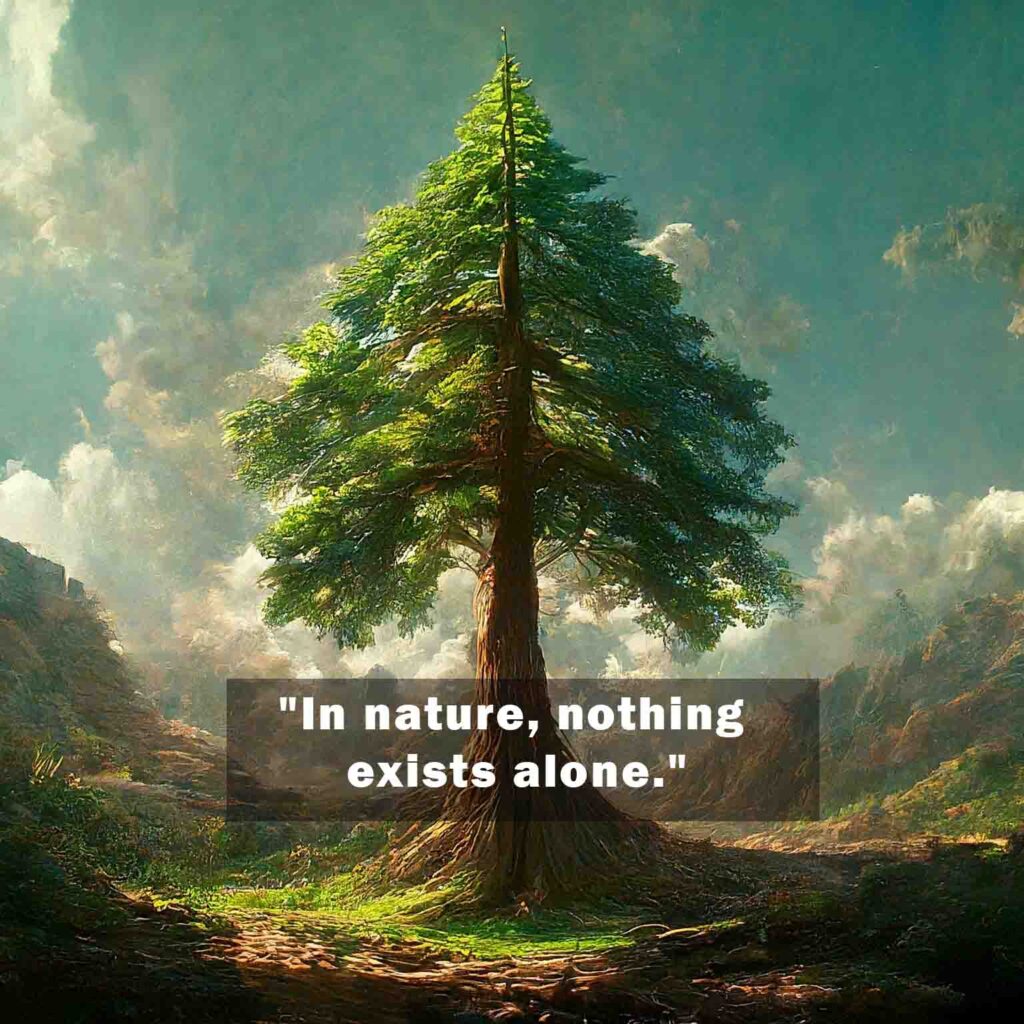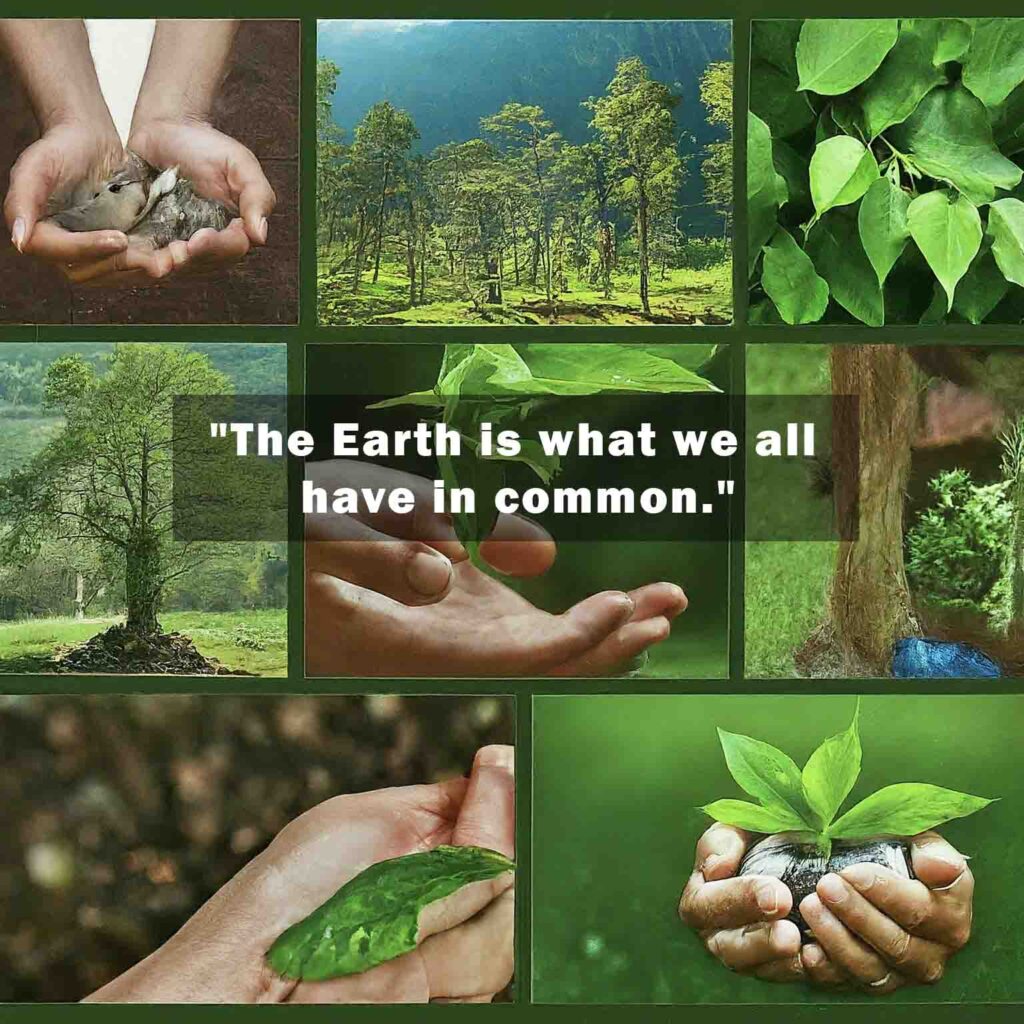Introduction to World Nature Conservation Day
World Nature Conservation Day, observed annually on July 28th, serves as a pivotal moment to reflect on our interdependent relationship with the natural world. This day not only highlights the urgency of environmental protection but also encourages individuals and communities worldwide to recommit to the cause of nature conservation. As the global community faces escalating environmental challenges, World Nature Conservation Day stands as a beacon of hope and a call to action, emphasizing the collective responsibility we share in preserving the planet for future generations.
The origins of World Nature Conservation Day are rooted in the growing awareness of the detrimental impacts human activities have on the environment. From deforestation and pollution to climate change and biodiversity loss, the threats to our natural ecosystems are numerous and multifaceted. By dedicating a day to nature conservation, the international community acknowledges the need for sustainable practices and collaborative efforts to safeguard our planet’s resources. This day acts as a reminder that the actions we take today significantly influence the health and viability of our environment tomorrow.
Globally, World Nature Conservation Day is marked by a variety of activities aimed at raising awareness and fostering engagement in environmental protection. Educational programs, community clean-up events, tree-planting initiatives, and policy advocacy are just a few of the ways individuals and organizations come together to celebrate this important day. These activities not only highlight the importance of nature conservation but also inspire a sense of unity and shared purpose in addressing environmental issues.
In essence, World Nature Conservation Day is more than just a date on the calendar; it is a powerful reminder of our duty to protect and cherish the natural world. By understanding its significance and participating in conservation efforts, we can contribute to a more sustainable and resilient future for all living beings. This day encourages us to recommit to the ethos of environmental stewardship, recognizing that our collective actions can pave the way for a healthier, more vibrant planet.

The Importance of Nature Conservation
Nature conservation is a critical endeavor, not just for the health of our planet but for the survival and well-being of future generations. The preservation of natural habitats plays a pivotal role in maintaining biodiversity, which is essential for the stability of ecosystems. Biodiversity ensures that ecosystems function effectively, providing vital services such as pollination of crops, purification of water, and stabilization of climate. These services are indispensable for the sustenance of human life, underscoring the inherent interdependence between humans and the natural world.
One of the foremost benefits of nature conservation is climate regulation. Forests, wetlands, and oceans act as major carbon sinks, absorbing significant amounts of CO2 from the atmosphere. By conserving these natural habitats, we can mitigate the adverse effects of climate change. However, the current environmental challenges present a stark reminder of the urgency of this task. Deforestation, for instance, results in the loss of vast tracts of forests that are crucial for carbon sequestration and habitat provision. This not only exacerbates climate change but also leads to the extinction of countless species.
Pollution is another pressing issue that underscores the need for robust nature conservation efforts. Air and water pollution have far-reaching impacts on both ecosystems and human health. Plastic pollution in oceans affects marine life, while air pollution contributes to respiratory diseases in humans. Addressing these challenges requires a collective effort to reduce emissions, manage waste effectively, and adopt sustainable practices.
Climate change, perhaps the most daunting challenge, has far-reaching implications for global ecosystems. Rising temperatures, melting ice caps, and extreme weather events are just a few manifestations of this phenomenon. By conserving natural habitats, we can enhance the resilience of ecosystems to climate change and protect the myriad species that depend on them. Inspirational quotes from environmental leaders and advocates often emphasize the importance of collective action in addressing these issues. Their words serve as a reminder that our individual and collective efforts can indeed make a significant difference in protecting our natural world.

Inspiring Quotes About Nature Conservation
World Nature Conservation Day serves as a reminder of our collective responsibility towards the environment. Through the wisdom of visionaries, we can find inspiration to recommit to the cause of environmental protection. Here are some of the most stirring quotes that underscore the importance of nature conservation.
“The environment is where we all meet; where we all have a mutual interest; it is the one thing all of us share.” – Lady Bird Johnson. This quote by the former First Lady of the United States highlights the interconnectedness of humanity through our shared environment. It emphasizes the notion that environmental protection is a universal duty and a common ground for all.
“The Earth is what we all have in common.” – Wendell Berry. An acclaimed writer and environmental activist, Berry succinctly captures the essence of our shared responsibility. His words remind us that despite our differences, the Earth unites us all, calling for collective stewardship.
“In nature, nothing exists alone.” – Rachel Carson. Known for her groundbreaking work in environmental science, Carson’s quote from her seminal book “Silent Spring” reflects the intricate web of life. It serves as a poignant reminder that the actions we take impact the larger ecosystem, urging us to consider the broader implications of our choices.
“We do not inherit the earth from our ancestors; we borrow it from our children.” – Native American Proverb. This timeless adage underscores the concept of sustainability and intergenerational equity. It calls upon us to act not just for our benefit but for the well-being of future generations, reinforcing the urgency of nature conservation.
“The greatest threat to our planet is the belief that someone else will save it.” – Robert Swan. As an explorer and environmental advocate, Swan’s words challenge the complacency that often hinders progress in environmental protection. He urges each of us to take individual responsibility, highlighting the power of collective action.
These inspiring quotes serve not only as a call to action but also as a source of motivation to engage in meaningful efforts towards nature conservation. By reflecting on these words of wisdom, we can find the drive to make a positive impact on our planet.

Ways to Celebrate and Contribute to Nature Conservation
World Nature Conservation Day serves as a significant reminder of the importance of preserving our planet. Celebrating this day can take many forms, each contributing to the broader goal of environmental protection. One impactful way to participate is by joining local clean-up drives. These events not only beautify communities but also prevent harmful waste from polluting natural habitats. Volunteering your time can make a substantial difference in maintaining the health of local ecosystems.
Planting trees is another powerful activity to undertake on World Nature Conservation Day. Trees play a crucial role in absorbing carbon dioxide, releasing oxygen, and providing shelter for wildlife. Whether it’s organizing a community tree-planting event or simply planting a tree in your backyard, this action helps combat climate change and supports biodiversity.
Reducing plastic use is an increasingly urgent necessity. Single-use plastics contribute to pollution and harm marine life. Opt for reusable bags, bottles, and containers, and encourage others to do the same. Every small effort to minimize plastic consumption helps reduce the overall environmental footprint.
Advocating for environmental policies is also essential. Use your voice to support legislation that aims to protect natural resources and promote sustainability. Writing letters to local representatives, signing petitions, and participating in environmental advocacy groups can influence policy changes and drive systemic improvements.
Every small action counts when it comes to nature conservation. Making sustainable choices in daily life, such as conserving water, using energy-efficient appliances, and supporting eco-friendly businesses, contributes to a healthier planet. These efforts, no matter how minor they may seem, collectively create a significant impact.
World Nature Conservation Day is an opportunity to recommit to environmental protection and inspire others through our actions. By engaging in activities that support nature conservation, we can all play a part in preserving the natural world for future generations.









